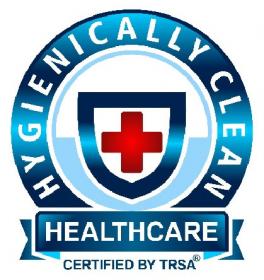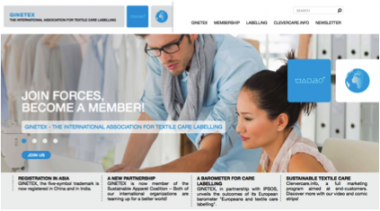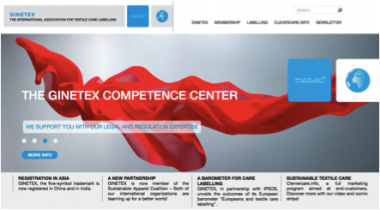Asia Pacific Rayon Joins World Economic Forum’s Public Blockchain Platform
To Accelerate Public-Private Cooperation in Supply Chain Transparency
Asia Pacific Rayon (APR) has joined the first neutral and public traceability platform capable of visualising blockchain-based supply chain data from multiple companies and sources. It aims to help businesses across industries respond to consumer demands for ethical and environmentally friendly products.
The neutral and safe space for collaboration is provided by the World Economic Forum and created in collaboration with Everledger, Lenzing Group, TextileGenesis™, and the International Trade Centre. APR will contribute to Phase 2 of the initiative which seeks to incorporate more data sources.
“APR has started harnessing the potential of enterprise blockchain technology to enable customers to trace finished products back to the plantation forest origins on a smartphone app. To be able now to connect our data to other similar industry initiatives is a natural next step for APR, as is extending the benefits of our upstream traceability to the rest of the textile value chain.
Enhancing Follow Our Fibre with New Mill Sustainability Dashboard
Launched in mid-2019, APR’s blockchain-based Follow Our Fibre allows customers and stakeholders to scan its viscose product with a user-friendly app to access data that traces the product’s journey from plant nursery to viscose manufacturing and on to seaports. In October 2019, APR announced a collaboration with TrusTrace to integrate Follow Our Fibre with the latter’s T-Trace module. This helps connect APR’s upstream data to downstream textile value chain actors such as yarn and fabric customers and fashion brands.
More recently, a sustainability dashboard tracking key mill environmental performance indicators has been added to Follow Our Fibre. The dashboard presents APR’s performance in its first year of operations where a baseline has been established for quarterly tracking, reporting and continuous improvement.
The performance indicators follow key industry standards being set by ZDHC for Man-Made Cellulosic Fibres (MMCF), as well as the European Union Best Available Technologies (EU BAT).
(c) Omnicom Public Relations Group
















